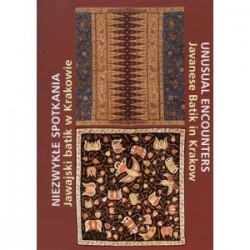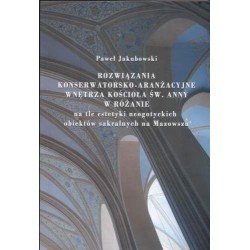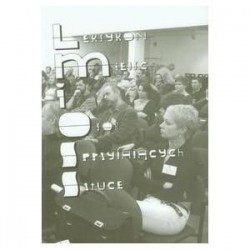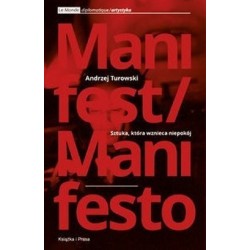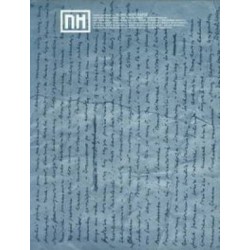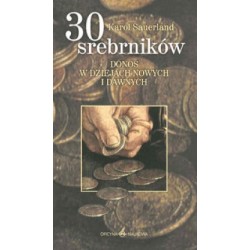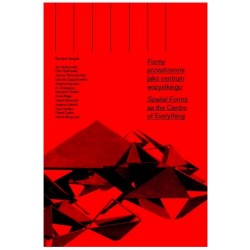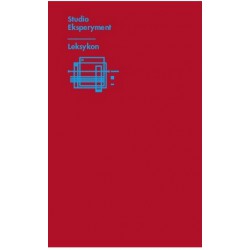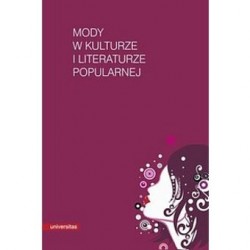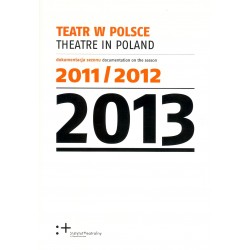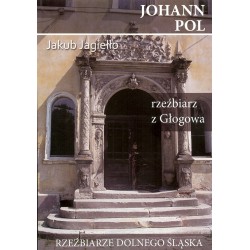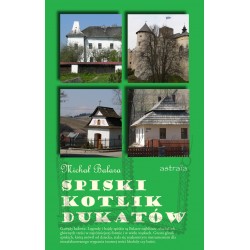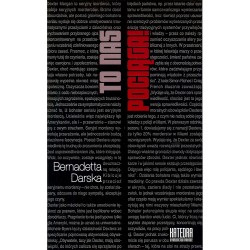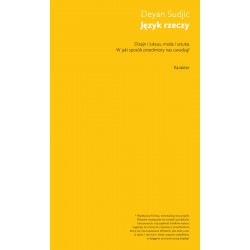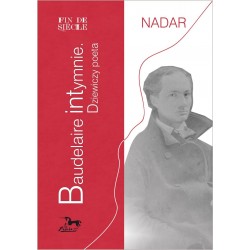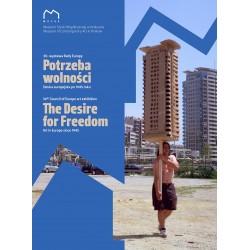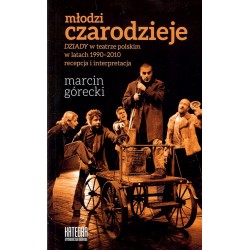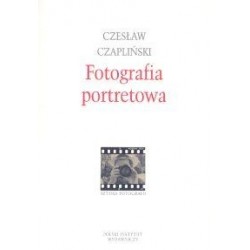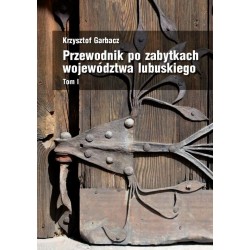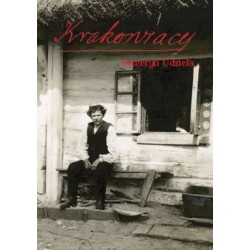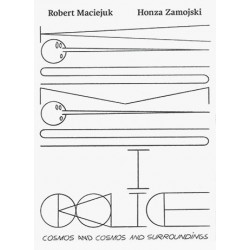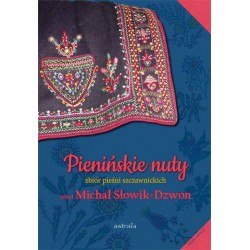Brak produktów
Produkt dodany poprawnie do Twojego koszyka
Ilość produktów w Twoim koszyku: 0. Jest 1 produkt w Twoim koszyku.
Kultura i sztuka
- Nowości
- ZAPOWIEDZI
- BESTSELLERY
- TataTeżCzyta
- WIOSNA
- POLECAMY
- PROMOCJE
- PAKIETY
- Artykuły papiernicze
- Audiobooki i płyty
- Gry
- Architektura
- Biografie i autobiografie
- Czasopisma
- Edukacja
- Eseje i felietony
- Fantastyka
- Historia
- Kalendarze
- Kryminał, sensacja, thriller, horror
- Komiksy
- Kultura i sztuka
- Kuchnia i diety
- Literatura dziecięca
- Literatura młodzieżowa
- Literatura faktu
- Literatura piękna
- Literatura obyczajowa i romans
- Literatura podróżnicza
- Literatura w języku ukraińskim
- Medycyna
- Nauki ekonomiczne
- Nauki humanistyczne
- Nauki polityczne
- Nauki ścisłe i przyrodnicze
- Poezja
- Poradniki
- Psychologia i socjologia
- Rekreacja
- Religie
- Wiedza alternatywna i ezoteryka
- Wywiady, listy i wspomnienia
- Zdrowie i uroda
Wydawcy
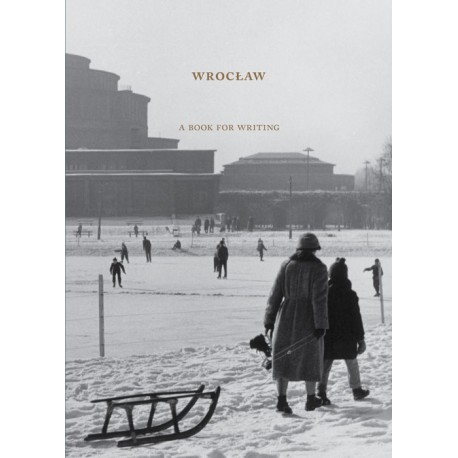 Zobacz większe
Zobacz większe
Wrocław A book for writing
PRACA ZBIOROWA
978-83-7866-282-2
Nowy
Książka do pisania
Wersja angielska
28,80 zł
48,00 zł najniższa cena z 30 dni przed obniżką
-40%
Stan: Ten produkt nie występuje w magazynie
Niedostępny
| Autor | PRACA ZBIOROWA |
| Rok wydania | 2020 |
| Ilość stron | 224 |
| Szerokość (mm) | 145 |
| Wysokość (mm) | 205 |
| Grzbiet (mm) | 20 |
| Wymiary | 145 x 205 x 20 mm |
| Oprawa | miękka ze skrzydełkami |
| Wydawca | AUSTERIA |
As with most Central European cities, the problem of nomenclature is a thorny one. When a city has a different name for every nationality that lays claim to it, to prefer one version over another is to make a political statement and to risk causing offence. Nonetheless, a ready solution comes to hand when one realises that the choice does not lie between two stark alternatives – Breslau or Wrocław – but rather between the scores of variants which the historical sources contain. In reality, the historian has at least fifty names to choose from. So it is not too difficult to be impartial. The obvious thing to do is to use a different but appropriate name for each period of the city’s history. In this way, we can emphasise one of the most fundamental historical lessons – that the past is not the same as the present. For the prehistoric period, for example, when no one knows what the city’s name or names actually were, we call it the ‘Island City’. For the early medieval Piast period, we call it ‘Wrotizla’; for the Bohemian period, ‘Vretslav’; for the Austrian period, ‘Presslaw’; and for the Prussian period, ‘Bresslau’. ‘Breslau’ is reserved for the imperial period and the Third Reich, and ‘Wrocław’ for post-1945 Poland. This is not to deny either that a still-greater variety of names and spellings exists or that modern forms were undoubtedly employed in particular circumstances in earlier times. Nor does it pretend that our chosen solution is above criticism. All it does is to underline the self-evident truth – that times change. Whenever we are in a quandary we use the name that was first introduced by literate Latin-speaking clergy more than a thousand years ago and which is still with us: – VRATISLAVIA.
Norman Davies, Roger Moorhouse
Na razie nie dodano żadnej recenzji.


